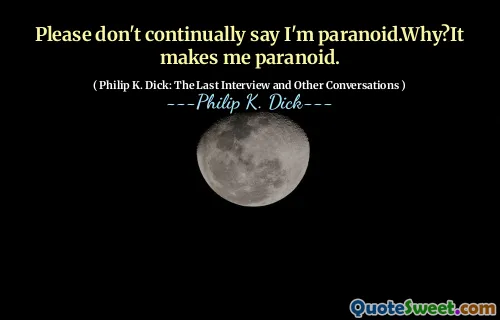
I almost wish I had cancer. Then I'd either beat it or die from it. But my disease, even if successfully treated, will never go away. And it might not kill me. But it will hang over me like the blade of a guillotine; more threatening inert than if the blade suddenly slips and mercifully turns out my lights. This is my war to end all wars.
The quote by William Cope Moyers poignantly captures the relentless and haunting nature of chronic illness — a war that has no clear end and no guaranteed victory. Unlike acute illnesses such as cancer, which present a binary outcome of either survival or death, chronic conditions linger indefinitely, casting persistent shadows over a person's life. The imagery of a guillotine hanging over the head evokes a profound sense of uncertainty and vulnerability; the threat remains constant, even if inert. This state of continuous anticipation, not knowing when or if the blade will fall, speaks volumes about the emotional and psychological toll a long-term disease inflicts.
Moyers's comparison highlights the complexity of living with a disease that might not end life immediately yet erodes the quality of it. Unlike a sudden, final outcome, the chronic illness instills a slow, grinding dread—a specter that defines one's existence and choices. This battle "to end all wars" signifies a desperate and exhaustive pursuit of peace, not just over illness but over the mental and emotional burdens that accompany it. Reading this quote invites empathy and a deeper understanding that victory in health is not always about winning or losing but often about enduring and coping with the invisible battles within. Moyers's words shine a light on the courage it takes to face such a persistent internal war daily, offering a powerful testimony to strength in vulnerability.






